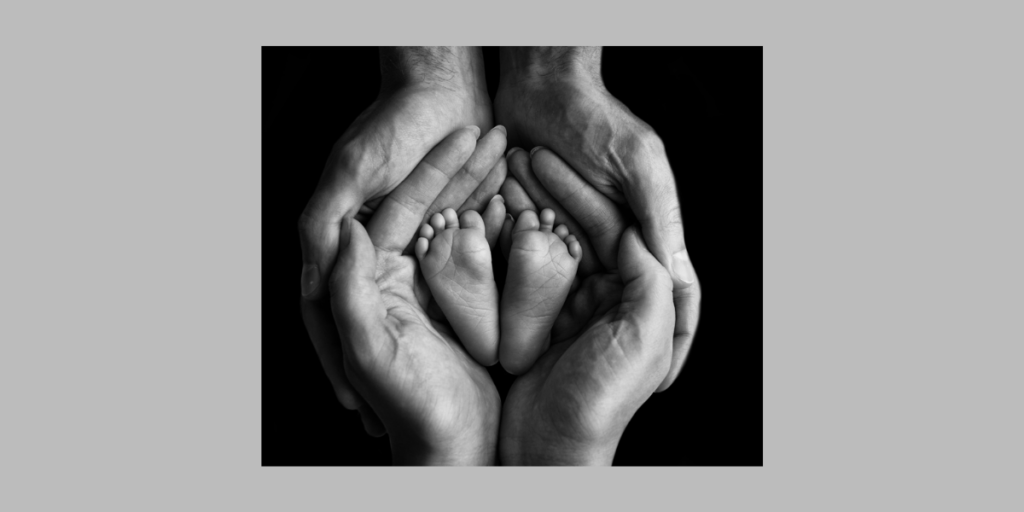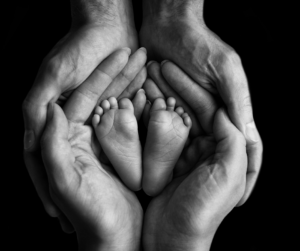
The Remedy for our Times
The Preeminence of Theology of the Body
By: Dr. Andrew Sodegren, Ruah Woods Psychological Services
The overturning of Roe v. Wade on June 24, 2022 was rightly welcomed with joy by Catholics and all those who believe in the sanctity of human life. In the official statement from the USCCB, Archbishops Gomez and Lori regarded it as “a historic day in the life of our country” marking the end to “an unjust law” that “resulted in the deaths of tens of millions of preborn children.”

Since then, many states have instituted greater legal protections for unborn human life, while sadly, others have reacted by enshrining access to abortion in law. Ohio is the latest example of the latter. On November 7, 2023, Ohio voters approved an amendment to the state constitution enshrining a right to abortion throughout pregnancy. The measure easily passed with 57% of voters in favor. Of Catholic voters who cast ballots that day, 52% supported this radical abortion measure. (Exit poll data collected by The Tarrance Group.)
In the wake of setbacks like this, the bishops of the United States at their November 2023 meeting approved a new introductory letter to their document Forming Consciences for Faithful Citizenship, which affirms, “The threat of abortion remains our preeminent priority because it directly attacks life itself, because it takes place within the sanctuary of the family, and because of the number of lives destroyed.”
This language of the abortion threat’s preeminence is not new to the bishops. They used very similar verbiage in their 2019 introduction to Faithful Citizenship. In the body of the document itself, which has remained unchanged since 2015, the bishops state, “The direct and intentional destruction of innocent human life from the moment of conception until natural death is always wrong and is not just one issue among many. It must always be opposed” (no. 28). While this statement encompasses other forms of killing, it makes it clear that there is an unparalleled obligation to protect innocent human life from threats like abortion. This issue rises above all others in urgency and importance.
Recent votes, like the one in Ohio, demonstrate how the need to protect human life is indeed more urgent than ever. They also demonstrate that political strategy will not suffice in eliminating threats to human life. In response to the passage of Ohio’s abortion amendment, Cincinnati Archbishop Dennis Schnurr rightly observed, “There remains a desperate need for conversion of hearts and minds to a culture of life in our country, one that respects the inherent dignity and sacredness of every human being from conception to natural death.” Similarly, Columbus Bishop Earl Fernandes, stated “With renewed effort, we need to make abortion unthinkable, and the birth of a child not to be seen as a burden but a blessing.”
These statements speak of the need for interior change promoted and sustained by a renewal of culture. As important as laws and policies are, attitudes are what ultimately need to change. This is where the preeminence of abortion meets the preeminence of Theology of the Body.
